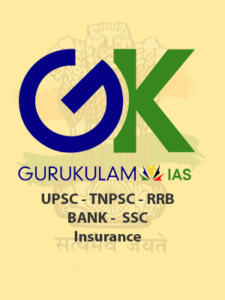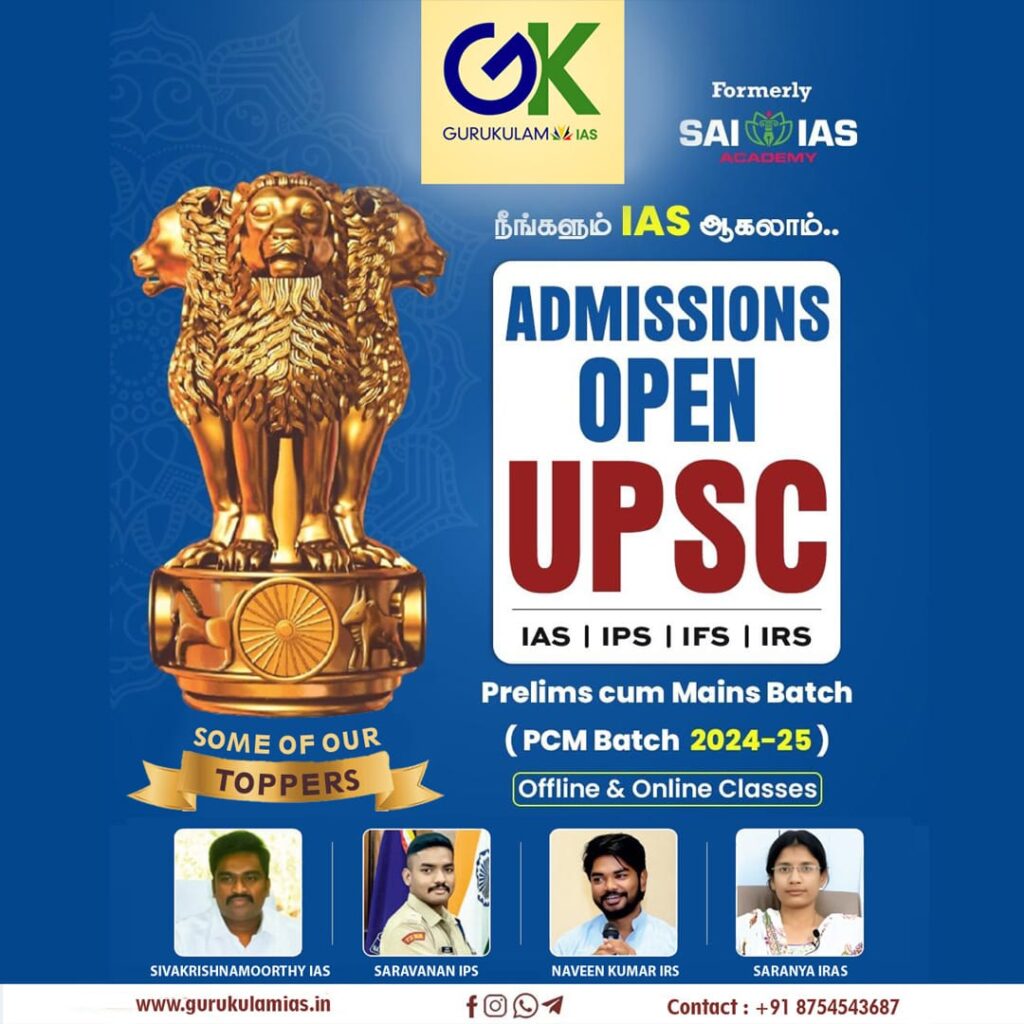World Hunger Index:
- India ranks 105th in the Foreign Hunger Index among 127 countries of the world.
- This has put India in a critical analysis of the issue of hunger.
- India, which was at a very low 111th place in last year’s list, is now at 105th place.
- The International Hunger Index, based on malnutrition and child mortality, is known as a tool for measuring and monitoring hunger in countries around the world.
- The 19th edition of this year’s International Hunger Index was published by Irish-based humanitarian organization Kansan Old white and German company WeltHungerhilfe.
- India is ranked 105th with 27.3 points.
- With this, India has also entered the category of ‘critical analysis’ which includes 42 countries namely Pakistan and Afghanistan.
- Our neighbours Bangladesh, Nepal and Sri Lanka are listed under the ‘medium’ category.
- India’s points are based on the values of four components.
- 7 percent of the country’s population is malnourished.
- 5 percent of children under five years of age are stunted and 18.7 percent of them are underweight.
- Another 2.9 percent of children die before the age of five.
- 22 countries including China, Russia, Kuwait and the United Arab Emirates share the top spot in the index with a score of less than 5.
- Globally, about 73.3 crore people face hunger every day because they do not have enough food.
PM Gatishakti Scheme:
- Under the Prime Minister’s Gatishakti scheme, the central government has been recommended to approve infrastructure projects worth Rs 15.39 lakh crore.
- Prime Minister Narendra Modi on 13 October 2021 launched the Prime Minister Gatishakti, a national initiative for multi-modal connectivity for the country’s infrastructure sector.
- Prime Minister Gatishakti will address past issues by institutionalizing holistic planning for stakeholders of major infrastructure projects.
- Instead of planning and designing individually, projects are designed and implemented with a common vision.
- It will cover infrastructure projects of various ministries and state governments like Bharatmala, Sagarmala, inland waterways, dry and land ports, UDAN.
- This project aims to reduce the cost of material transportation.
- The cost of this in India is 13% of GDP.
- It is only 8% in developed countries, the government aims to reduce this cost, create competition in the manufacturing sector, provide better prices to farmers and lower prices to consumers.
Electronic Voting Machine (EVM):
- The voting machine was used for the first time in the 2004 Lok Sabha elections.
- Prior to that, the ballot procedure was followed.
- In 1982, Electronic Voting Machine was used for the first time in the by-election held in Paravur constituency of Kerala.
- In 1984, the Supreme Court banned the use of electronic voting machines.
- In 1989, the Rajiv Gandhi government amended the Representation of the People Act 1951 to allow the use of electronic voting machines in elections.
- An electronic voting machine developed by the industrial design department of IIT Mumbai was used in the elections.
- In 1998, as an experimental effort, electronic voting machines were used in 25 assembly constituencies including Rajasthan, Madhya Pradesh and Delhi.
- In 2001, voting machines were used in all constituencies in the state assembly elections of Tamil Nadu, Kerala, Puducherry and West Bengal.
- It was only in the 2004 Lok Sabha elections that voting machines were used across the country.
- Namibia used India’s electronic voting machine for its country’s elections in 2014.
- With an acknowledgment slip called VVPAT (Voter Verifiable Paper Audit Trail), voters can verify that their vote has been registered for the candidate they voted for after casting their vote.
October 13 – Breast Cancer Awareness Day
- Breast Cancer Awareness Day on October 13 aims to raise awareness about breast cancer and promote early detection and treatment.
October 13: International Day for Disaster Risk Reduction
- The International Day for Natural Disaster Reduction is observed annually on October 13 to raise awareness about disaster risk reduction.
- In 1989, the International Day for Disaster Risk Reduction was initiated by the United Nations General Assembly.
Important Facts:
- Former cricketer Ajay Jadeja has been announced by Jamnagar Maharaja Shatrusalyasingh Jadeja as the next heir of the Jamnagar royal family that has left Gujarat.
- Prime Minister of Thailand – Paetongtarn Shinawatra.
- Indian Army Chief – Upendra Dwivedi.
- Voter Verification Paper Audit Test (VVPAT) was introduced in 2013.
- Kailash Satyarthi was awarded the Nobel Peace Prize in 2014 along with Pakistani woman Malala Yousafzai for “fighting against the oppression of children and youth and for the right to education for all children”.




